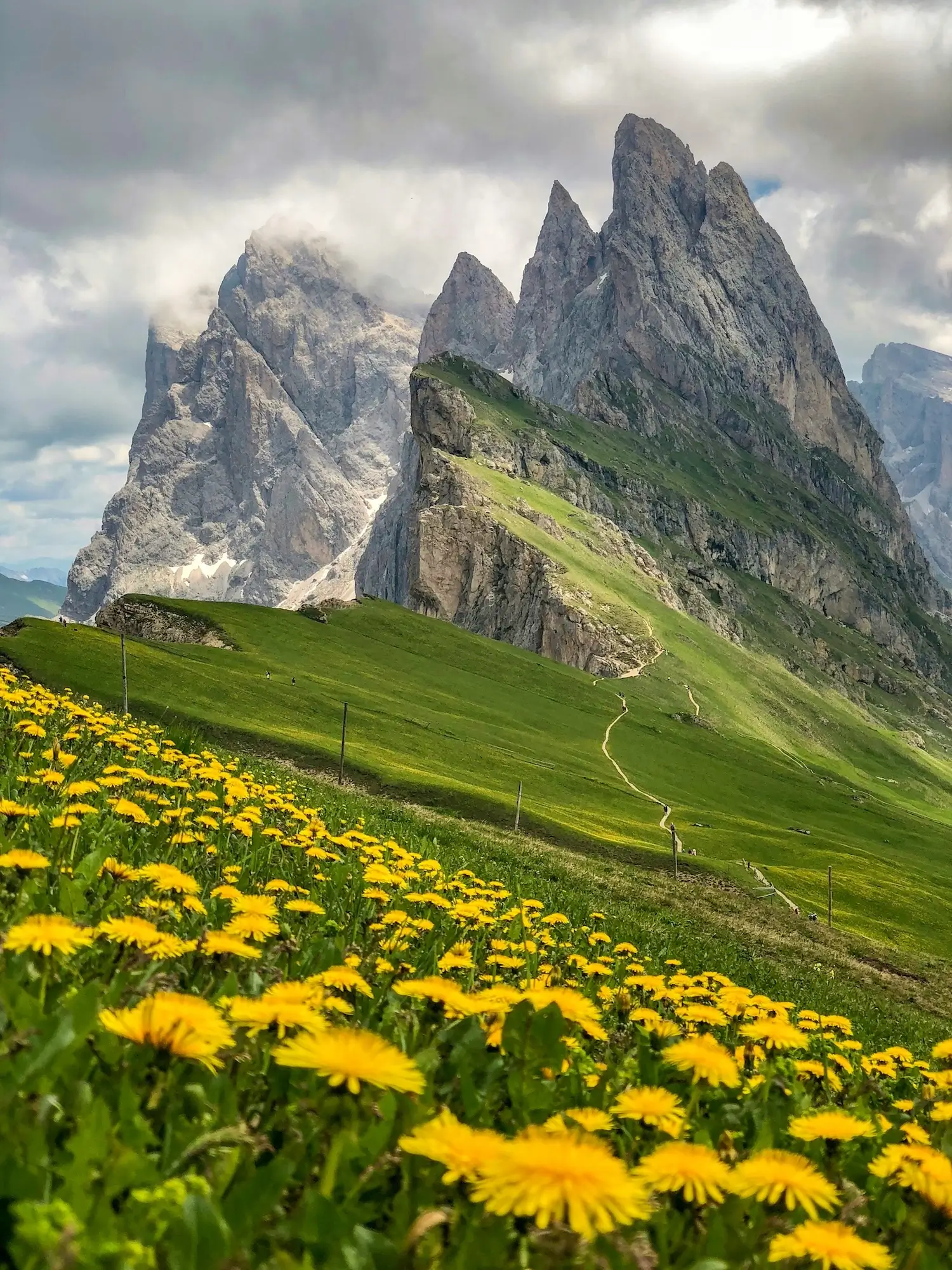
The Demonization of African and Indigenous Spiritual Practices: A Reflection on the Way of Isho by Phoenix Rainbow Butterfly
Have you ever been bothered, no angered, that almost everything taught as evil and demonic can be directly tied to anti-Blackness and overall anti-indigenous and anti-melanated people around the world? And tied to the feminine? This is a profound realization that invites a deep exploration into the historical, spiritual, and religious aspects of this issue. The demonization of African and indigenous spiritual practices, especially those that align with the Way of Isho (Jesus), reflects a broader systemic attempt to undermine the rich spiritual heritage of non-European peoples.
Historical Context and Demonization
Historically, European colonizers and missionaries portrayed African and indigenous spiritual practices as "demonic" to justify their conquest and cultural assimilation. This demonization was not just about religion; it was a strategic move to destabilize and control societies by attacking the core of their cultural and spiritual identity. For instance, Hoodoo, Voodoo, and other African diasporic religions were labeled as "satanic" because they did not align with the European Christian paradigm imposed on enslaved Africans and colonized peoples.
Scholars such as Mbiti (1990) have documented how African traditional religions emphasize the interconnectedness of all life, community well-being, and respect for nature—values that resonate deeply with the teachings of Isho. Yet, these practices were often suppressed and vilified as a means to erode communal bonds and spiritual autonomy. The same fate befell indigenous spiritual systems in the Americas, Australia, and Asia, where colonizers sought to replace indigenous spirituality with Christianity or other Abrahamic religions (Smith, 2014).
The Way of Isho and Indigenous Spirituality
Isho's teachings, rooted in love, compassion, and justice, align closely with many indigenous spiritual practices. The Way of Isho emphasizes humility, service to others, and a deep connection to the Divine (Sanandawa: Ado). These principles are echoed in the spiritual practices of African and indigenous peoples, which focus on community harmony, reverence for ancestors, and respect for the natural world.
For example, the San people of Southern Africa have spiritual beliefs that center around the interconnectedness of all life and the presence of the divine in nature (Sanandawa: Kwalari). These beliefs reflect Isho's teachings about seeing the Divine in all creation and serving others as an expression of divine love (Sanandawa: Adonya).
The Impact of Demonization
The demonization of these spiritual practices has had profound and damaging effects. It has contributed to a loss of cultural identity, spiritual disconnection, and the perpetuation of anti-Blackness and anti-indigenous sentiments. By portraying these practices as evil, colonial powers effectively disrupted the transmission of cultural knowledge and spiritual wisdom.
Moreover, this demonization has justified systemic racism and violence against people of African descent and indigenous peoples. As Tuck and Yang (2012) argue, the devaluation of indigenous knowledge and spirituality underpins broader structures of oppression and exploitation that continue to affect marginalized communities today.
Reclaiming Spiritual Practices
Reclaiming and honoring these spiritual practices is an act of resistance and healing. It involves recognizing the deep wisdom and spiritual insights that these traditions offer. This reclamation is not only about restoring cultural pride but also about reconnecting with the principles of the Way of Isho that call for justice, compassion, and love for all beings.
As we continue to learn and uncover the truths about these ancient spiritual practices, it becomes clear that they offer valuable insights into living harmoniously with each other and the Earth. The work of decolonizing our spiritual practices involves integrating these ancient wisdoms into our contemporary understanding and practices.
Conclusion
The demonization of African and indigenous spiritual practices is a reflection of broader systemic issues of anti-Blackness, anti-indigenous sentiments, and cultural erasure. By reconnecting with and honoring these practices, we align more closely with the true teachings of Isho, which emphasize love, justice, and interconnectedness. This process of reclaiming spiritual practices is essential for healing and transforming our societies.
References
Mbiti, J. S. (1990). African Religions & Philosophy. Heinemann.
Smith, A. (2014). Indigenous Peoples and Boarding Schools: A Comparative Study. United Nations.
Tuck, E., & Yang, K. W. (2012). Decolonization is not a metaphor. Decolonization: Indigeneity, Education & Society, 1(1).
Disclaimer: Use of AI for Image Creation
Currently, I am using AI-generated images as placeholders and examples in my projects because I cannot afford to commission artists at this time. If you are an artist and recognize your work in any of my AI-generated content, please contact me, and I will promptly remove it or work with you to find a way to compensate you.
I deeply value and respect the divine, natural gifts of human creativity and artistry. AI is not, and will never be, a replacement for the unique expressions of human imagination. I use AI only for specific purposes like logos or combining elements with my likeness or artwork as examples of my vision.
If you are an artist interested in collaborating, please reach out to me. I’d love to explore opportunities to bring these ideas to life through your talent.
AI should serve humanity by reducing mundane tasks and freeing up time for meaningful pursuits—connecting with loved ones, relaxing, traveling, and creating art. Thank you for understanding!

